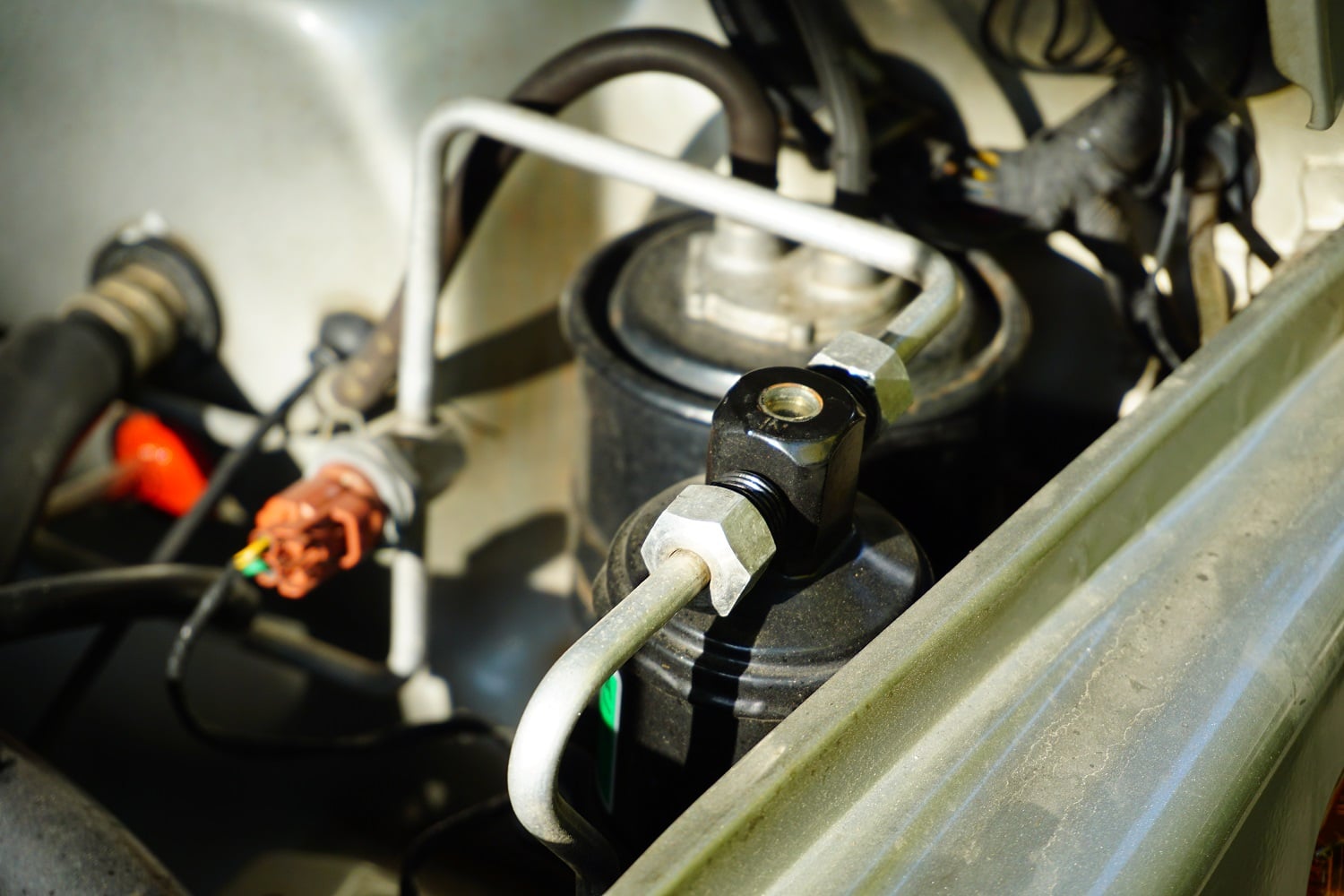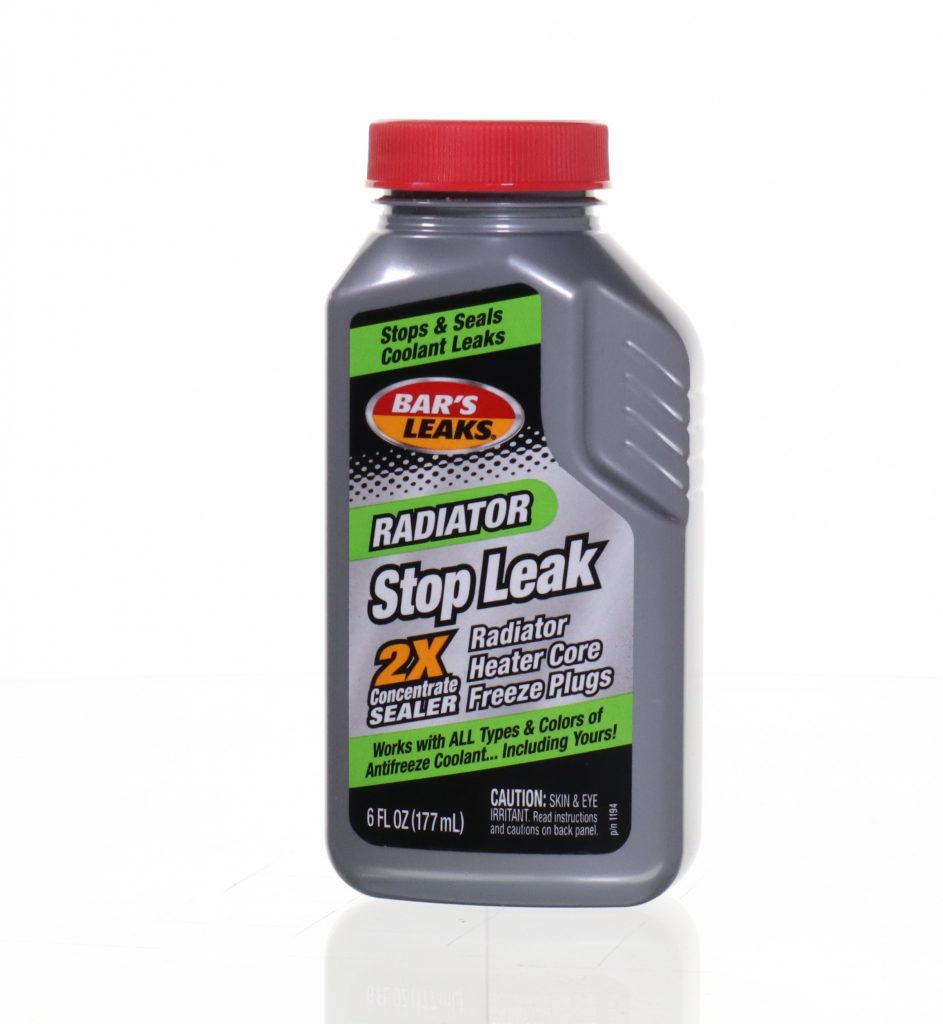

A coolant leak may stop leaking, but you can be sure it will be back, bad as ever when it decides to do it.


#Antize coolant stop leak install
Just wait for the engine to cool, refill the cooling system, and install a new radiator cap. It may also allow coolant to leak externally. Leaks just don't quit leaking (in almost ALL cases). A worn, weak, or leaking radiator cap will not hold pressure, lowering the boiling point and allowing coolant to boil out. Something about mechanical things is, they don't usually fix themselves (Note: I put usually because I hate to use absolutes like always or never. Radiator stop leak is a common additive that is designed to seal minor leaks in your radiator and leaks in-between components. Making matters worse, that first year (2013) some of the new 10 year coolant was orange-ish (FIAT sourced) and some was purple/pink (Mopar sourced). You shouldn't need freeze plugs up by the water pump because you already have holes there which are plugged by the water pump and serve the same core plug purpose. FCA introduced their new 10 year OAT coolant in 2013, so your truck might have been either the 5 year HOAT coolant or the 10 year OAT. They double as freeze plugs because it's convenient to have them there and it works. What we call freeze plugs are actually core plugs, meaning they are holes left in the block during casting where the sand core is held in place to allow for a proper flow of molten metal. What to Do if Your Vehicle is Leaking Antifreeze (Coolant) If your vehicle is leaking antifreeze, do not ignore the problem. Bars Leaks Stop Leak Concentrate is compatible with both conventional green (silicate-based) and extended life red/orange or yellow (OAT) antifreeze. It could possibly be the water pump, but realize the pump and the freeze plugs are in very different parts of the engine (in most cases). If it is the water pump, it will usually leak from either a weep hole (or some call it a "pee hole") which will be at the bottom of the casing, or from where the seal shaft if the bushing wears out where the impeller shaft goes through the casing. If it actually is the radiator hose, I'd think the mechanic would have tried to replace it for you (at a cost, of course). Here Is my own experience with radiator stop leak and anything else that is listed as a stop leak for a coolant system in a vehicle. yah, that's sort of round logic, eh? My main point is, you don't say in your question where you observed the coolant coming from, just that it was using a lot of coolant. Coolant Additives and Radiator Cements like Holts Radweld, Holts Sealit, Ce-Lit Radiator Cement, Bars leaks Head Gasket Repair, Cooling System Degreasers, Stop. One of the most common symptoms of a leaking freeze plug is an overheating engine. If you notice any coolant leaks, be sure to check your freeze plugs to see if they are the source of the problem. To understand where the leak is coming from, you really need to observe the leak and see what part of the engine/vehicle the leak is happening. I appears to be coming from the front and the center of the engine. A leaky freeze plug can often be detected by the presence of coolant leaks.


 0 kommentar(er)
0 kommentar(er)
